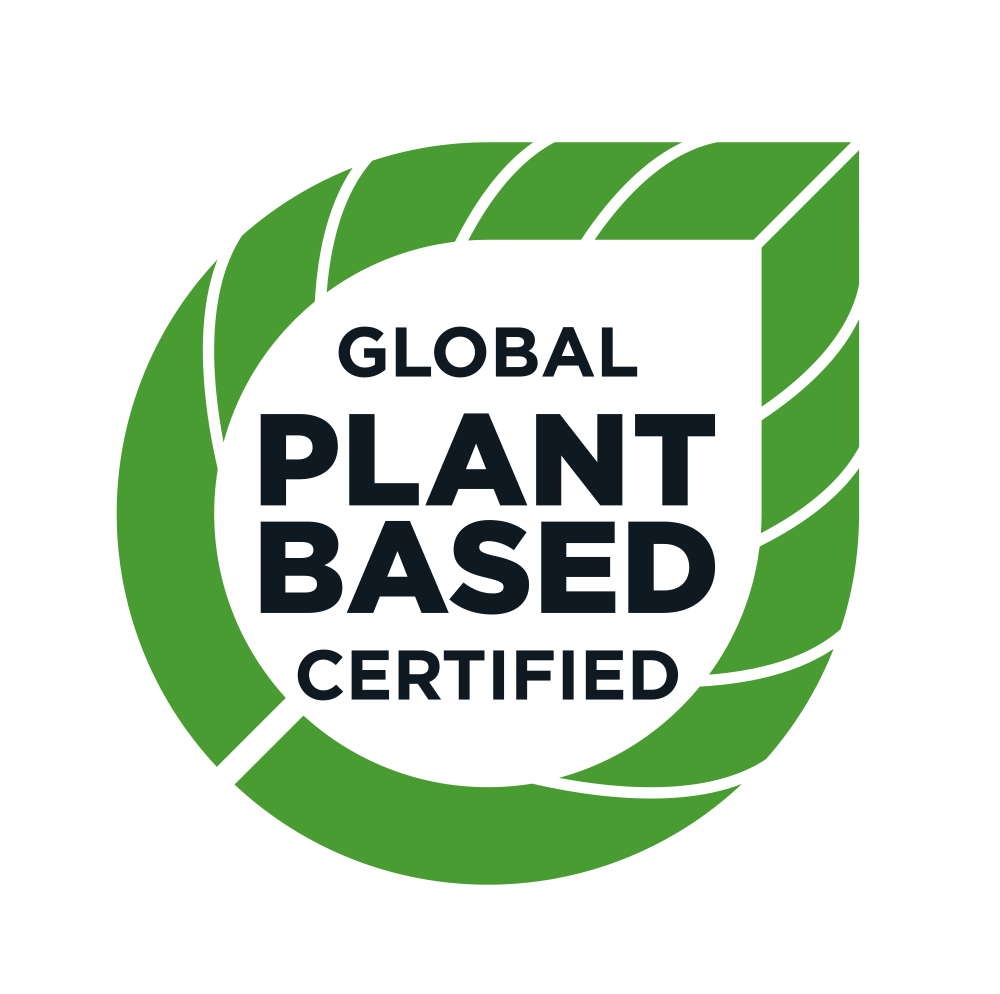Even before vegan burger maker Beyond Meat Inc. became this year’s standout initial public offering, it was clear that plant-based food is booming. What’s less clear: how to define “plant-based.”
U.S. retail sales in the category rose 11% to $4.5 billion in the past year, far outpacing the 2% growth in the food sector overall, according to a report released Tuesday from the Plant Based Foods Association and The Good Food Institute. Sales of dairy alternatives grew faster than animal-based milk products in every category, and plant-based milks now account for 13% of the total milk market, the groups said.
“We are now at the tipping point with the rapid expansion of plant-based foods across the entire store,” said PBFA’s senior director of retail partnerships Julie Emmett.
But not everyone agrees what the term should mean. The PBFA defines plant-based products as foods completely free of animal ingredients. Big meat companies, however, use the term more loosely. Tyson Foods Inc. has developed plant-based nuggets that include egg whites and Perdue Farms Inc. has marketed its blended chicken and vegetable nuggets as plant-based.
Even the experts can’t agree. The National Institutes of Health define a plant-based diet as one that “excludes all animal products, including red meat, poultry, fish, eggs and dairy products,” but an article from Harvard Health Publishing said that eating a plant-based diet doesn’t mean that you “never eat meat or dairy.” Some plant-based diets do include animal products, said Michele Simon, executive director of the PBFA, but the group excludes them from its label because “when you start making a claim on a package, the term has to have real meaning.”
“While ‘vegan’ has negative connotations because it’s been come to be understood as deprivation, customers like ‘plant-based’ because it’s affirmative, celebratory and descriptive,” Simon said. “It focuses on what the products do have rather than what they exclude.”

